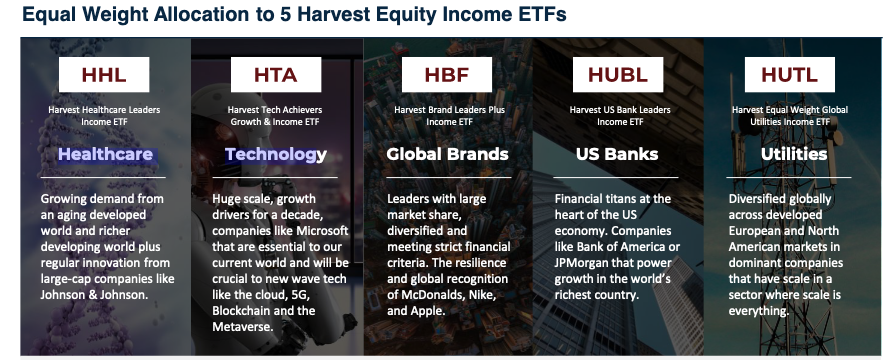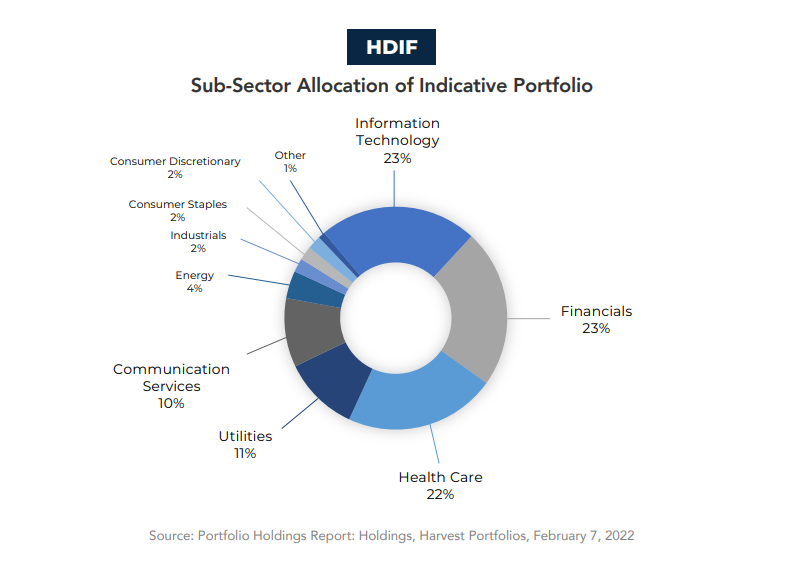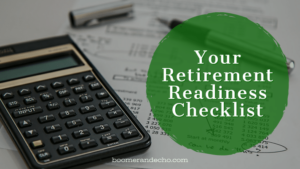What are the basics of financial literacy that can help with retirement?
To help professionals gain financial literacy to understand their retirement future, we asked business professionals and finance experts this question for their best tips. From attending financial workshops to creating a roadmap for your unique needs, there are several financial literacy basics to help you plan your retirement.
Here are 9 financial literacy basics to help with retirement:
- Attend financial workshops
- Talk to an attorney about Estate Planning
- Books on Financial Literacy
- Reach out to your Insurance Providers
- Consult a Certified Financial Planner
- Talk to a Budgeting Coach
- Start researching
- Customer Support for IRAs often is of high quality
- Create a roadmap for your unique needs
Attend Financial Workshops
Financial literacy helps workers understand what avenues are available to build wealth for retirement. 401ks and Roth IRAs are valuable means of building passive income streams to grow nest eggs. However, there are many means of saving for retirement. Financial education can make professionals aware of available approaches and can help these individuals build a combination plan to manage finances. One way aspiring retirees can learn more is to attend financial workshops offered through community programs or workplaces, especially if these events provide the chance to ask an expert questions. –– Tasia Duske, Museum Hack
Talk to an attorney about Estate Planning
Estate planning is heavy business, as it involves creating a plan for everything you want to happen after your death. This can include details about inheritance, funeral arrangements, and so on. When made with an attorney, the right estate plan will ensure that these important tasks are completed correctly the first time. Doing this can save your family significant additional stress after you’ve passed. — Carey Wilbur, Charter Capital
Read relevant books on Financial Literacy
If you are retired or approaching retirement, get some books about personal finance. Consider these books an investment in your future. A solid library of books on financial literacy can help you to build financial awareness and navigate retirement. Being financially literate will give you the knowledge you need to make sound financial decisions now, and help you maintain control of your finances once retired. — Henry Babichenko, European Denture Center
Reach out to your Insurance Providers
It’s important that retirees utilize every financial resource they have, and insurance providers are one such resource. Make sure all of your personal information is up to date, especially regarding your beneficiaries. While every insurer is different, don’t be afraid to get in touch with any questions you have. You should always feel free to ask your insurance provider questions you have about payouts, payments, and packages that could save you or your loved ones money. — Vicky Franko, Insura
Consult a Certified Financial Planner
Retirees need financial security to live happy and fulfilling lives after retirement. It is important to make a plan for your living arrangements, income, and expenses as soon as possible to avoid financial trouble down the road. A Certified Financial Planner can help you make a sound financial plan that fits your needs and goals. Seek out a CFP’s help so you can enjoy retirement to the fullest. — Brian Greenberg, Insurist Continue Reading…








